Universal Declaration of Human Rights
On December 10, 1948, the United Nations adopted the Universal Declaration of Human Rights. This date is now celebrated as Human Rights Day.
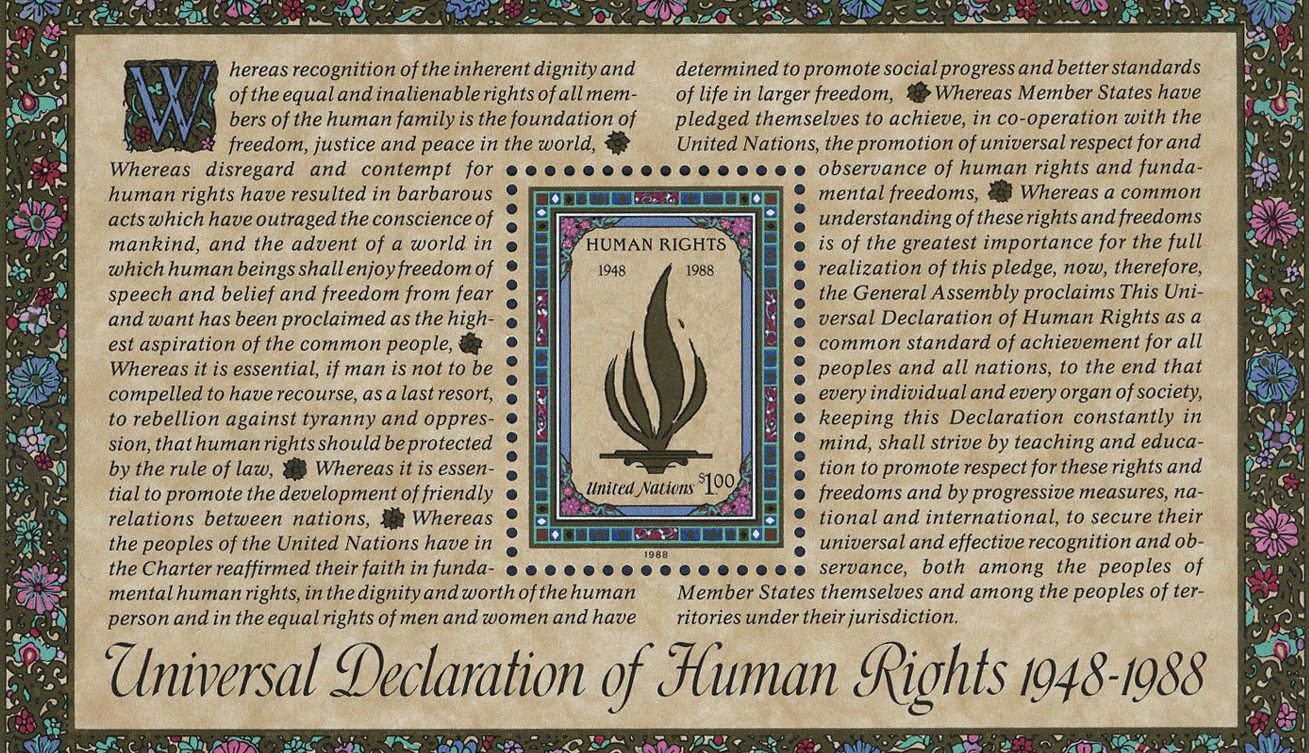
On December 10, 1948, the United Nations adopted the Universal Declaration of Human Rights. This date is now celebrated as Human Rights Day.

On December 9, 1979 the Global Commission for the Certification of Smallpox Eradication completed their task, confirming the disease would no longer be spread naturally.
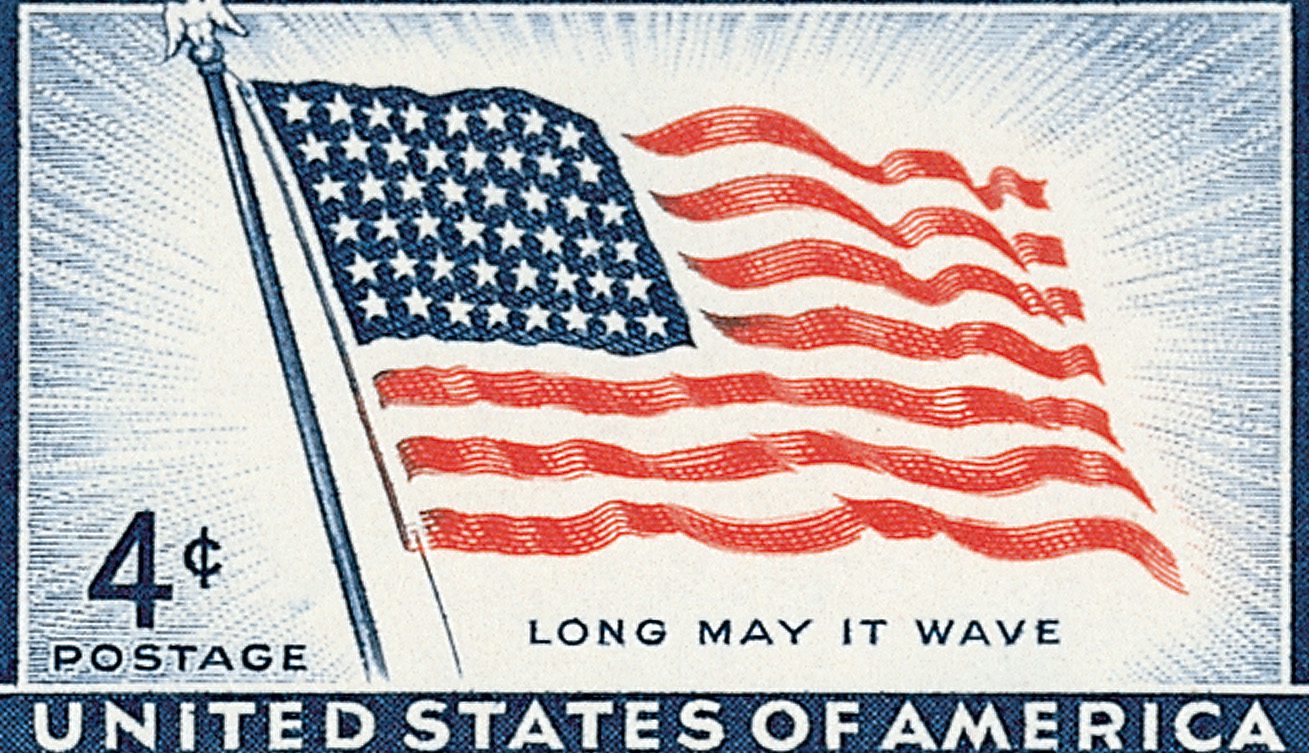
On December 7, 1941, Japan attacked Pearl Harbor. A day that will live in infamy, the attack prompted an unusual handling of the American flag, which became known as the Flag of Liberation.

On December 6, 1947, President Harry Truman presided over the dedication of Florida’s Everglades National Park. It’s the largest tropical wilderness in the United States and the third largest park in the country.

On December 5, 1933 the 21st Amendment was ratified, ending prohibition after nearly 15 years.

On December 4, 1918, President Woodrow Wilson boarded a boat to Paris, becoming the first siting president to travel to Europe. He spent six months in France for the World War I peace talks in Paris.
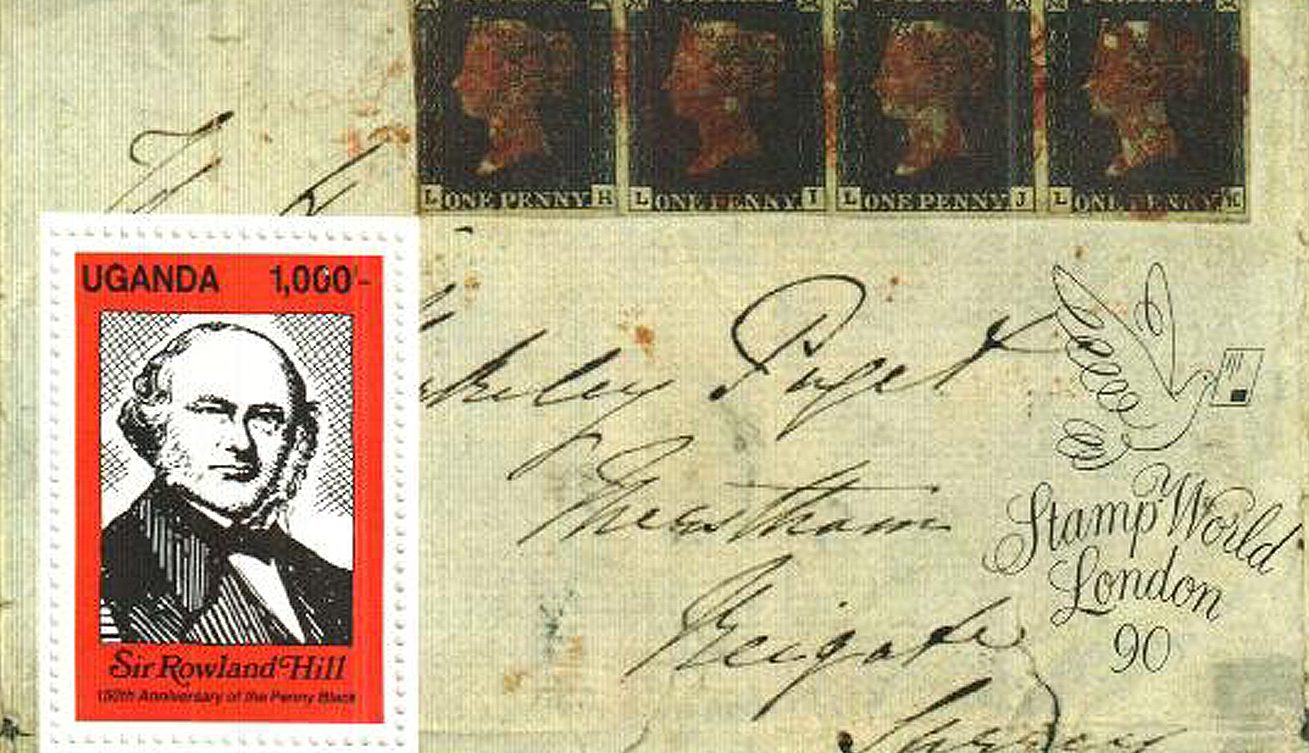
Sir Rowland Hill was born on December 3, 1795, in Kidderminster, England. Hill revolutionized the postal system by establishing a uniform minimum price of one penny, leading to the creation of the first postage stamp.
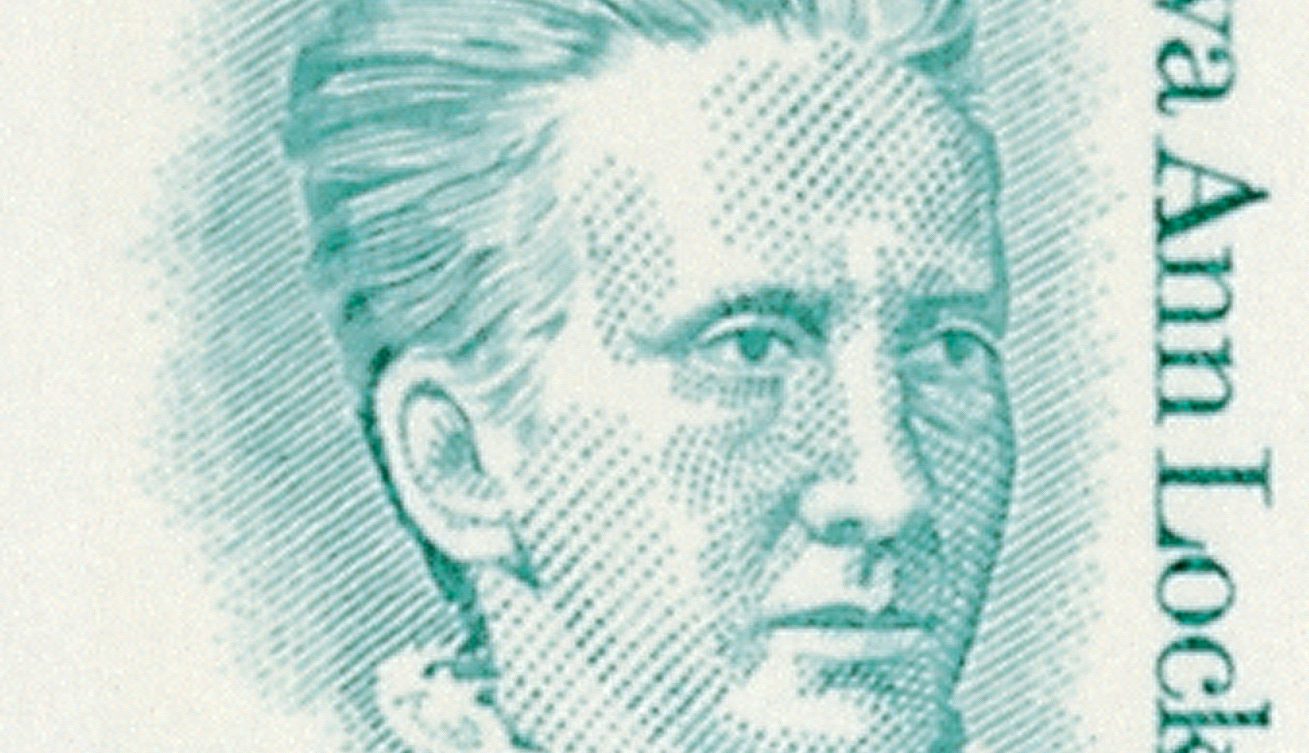
On November 30, 1880, Belva Ann Lockwood became the first woman to argue a case before the US Supreme Court. She was the first female member of the US Supreme Court Bar and paved the way for future female lawyers.
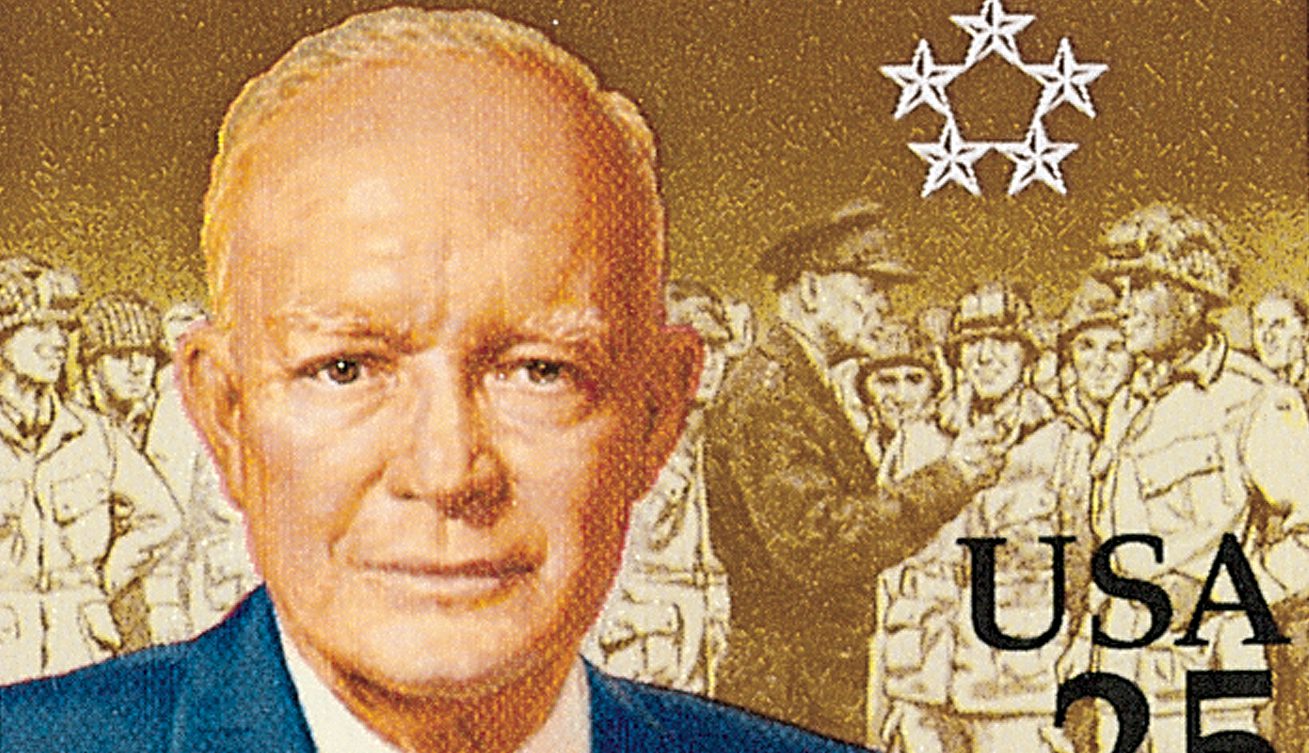
On November 29, 1952, president-elect Dwight D. Eisenhower filled a campaign promise to visit Korea. He had been critical of Harry Truman’s handling of the Korean conflict and promised he would visit and bring an end to the war.